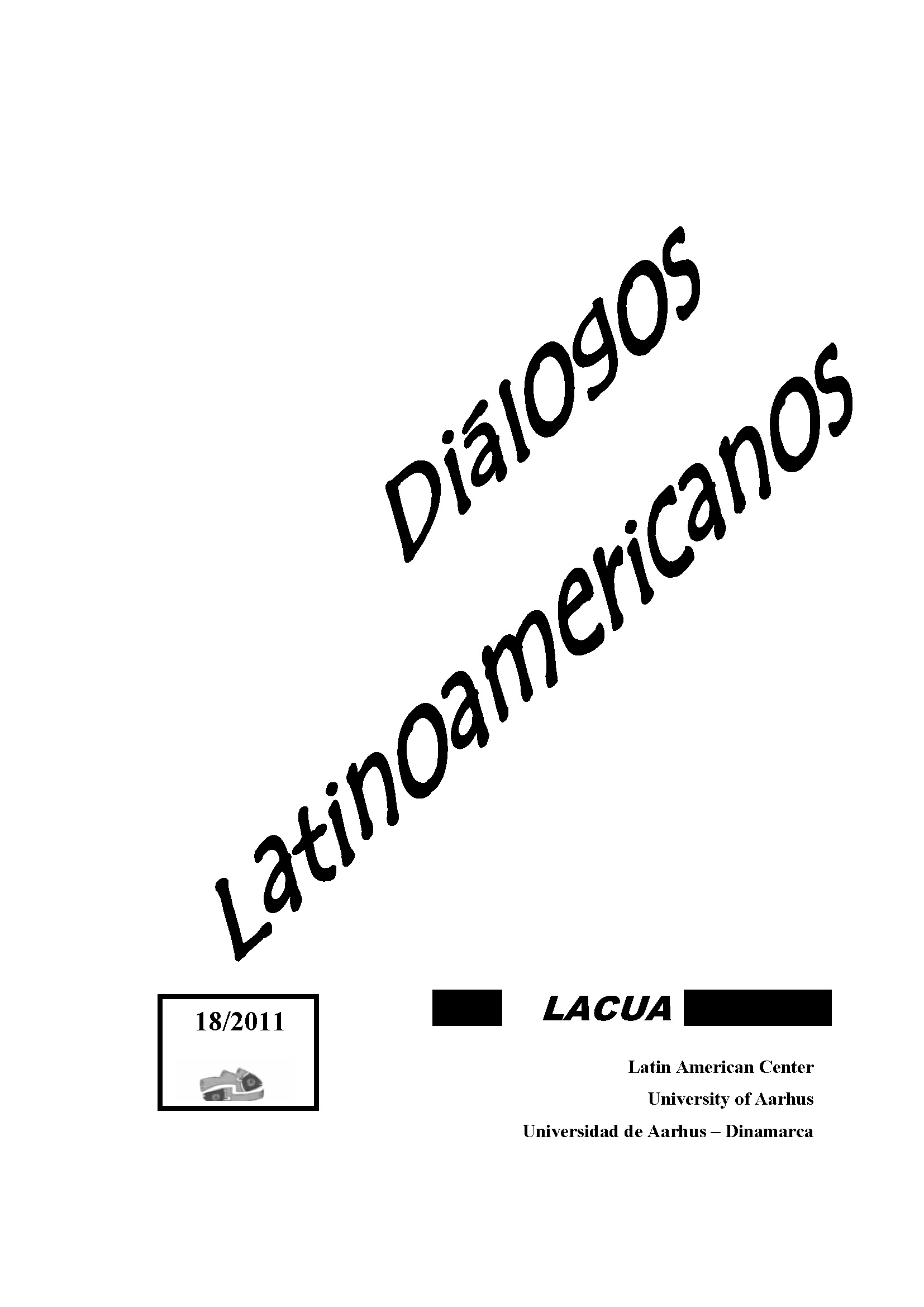Indianidade, territorialidade e cidadania no período pós-independência – Vila de Itaguaí, 1822-1836
DOI:
https://doi.org/10.7146/dl.v12i18.113438Keywords:
territoriality, ethnic identity, Constitution, IndiansAbstract
The purpose of this paper is to analyze the transition of the indigenous colonial debate towards an actual national one, beginning after Brazil‟s independence in 1822, when Indians‟ rights and duties were being redefined in concordance with the new social and political order. The emphasis will be on the reaction of the new regime to the Indians of the Itaguaí village, who, after the promulgation of the Constitution in 1822, were considered as citizens, and thereafter enrolled as recruits in two troops of the National Guard. For reasons that seem strange from a legal point of view, they were deprived of the right to legally own the land they had received during the Colonial period.
References
outubro de 1836. In: HTTP://brazilcrl.edu/bsd/bsd/u815/000008.html. Schwartz, Roberto. (1979). As idéias fora do lugar. In. Ao vencedor as batatas. São Paulo: duas cidades. Silva, Joaquim Norberto de Souza e. (1854). Memória histórica e documentada das aldeias de índios da província do Rio de Janeiro. In: Revista do Instituto Histórico e Geográfico do Brazil, t. XVII, 3º Série, n. 14, pp. 108-552. Silva, José Bonifácio de Andrada e. (2002 [1823]). Apontamentos para a civilização dos índios bravos do Império do Brasil. In: CALDEIRA, Jorge (org.), José Bonifácio de Andrada e Silva. São Paulo: Ed. 34, pp. 183-199. Uricoechea, Fernando.(1978). O Minotauro Imperial. A Burocratização do Estado Patrimonial Brasileiro no Século XIX. Rio de Janeiro-São Paulo: Difel. Varnhagen, Francisco Adolpho de. (1867). Os índios bravos e o Sr. Lisboa, Timon 3º. Lima: Imprensa Liberal. _______. Memorial Orgânico. (2005 [1850]). In: MOREIRA NETO, Carlos de Araújo. Os Índios e a Ordem Imperial. Brasília: CGDOC/Funai, 2005, pp. 334-347.
Downloads
Published
How to Cite
Issue
Section
License
Counting from volume 31 (2022), articles published in Diálogos Latinoamericanos are licensed under CC-BY 4.0. Read more about the license terms here https://creativecommons.org/licenses/by/4.0/.
No Creative Commons license applied on volumes 1-30. All rights reserved by the authors. Readers may download, read, and link to the articles, but they cannot republish the articles.
With the publication of volume 31 (2022), authors retain the full copyright to their articles and give Diálogos Latinoamericanos the right to the first publication. Authors also retain copyright to earlier versions of manuscripts, such as the submitted (pre-print) and the accepted manuscript (post-print).
Copyright to articles published in volumes 1-30 is held by the authors.





